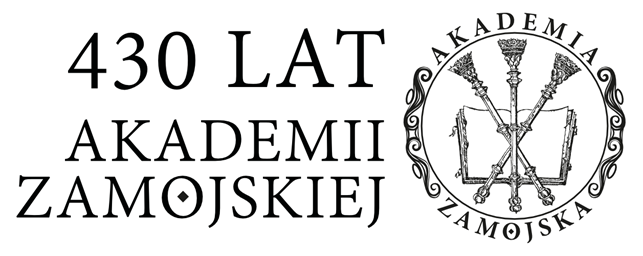No. 12 (2020)
CARDINAL STEFAN WYSZYŃSKI AND THE CATHOLIC CHURCH IN THE TIMES OF ENSLAVEMENT
He strongly opposed the Marxist concept of social life, defended human dignity and rights. He always insisted on taking an effort to create a better future. During World War II, on recommendation Bishop Michał Kozal – later blessed – was in hiding in danger arrests by the Gestapo in various localities. In June 1942 he went to Laski, becoming the chaplain of the Institute for the Blind, which he was to 1945. During the Warsaw Uprising, under the pseudonym “Radwan III”, he was the chaplain of the Home Army in the “Kampinos” group and the insurgent hospital in Laski. After the war, he rebuilt the Higher Theological Seminary in Włocławek, and in 1946 he became the bishop of Lublin. On November 12, 1948 year Bishop Stefan Wyszyński became the metropolitan of Gniezno and Warsaw and Primate of Poland. During the period of the heaviest communist repressions against the Church and society in 1948–1956, he defended the Christian identity of the Polish nation.
When the communist authorities – certain of their strength and support – decided to overt interference in the internal life of the Church and the rules of filling positions (the prime minister was to appoint bishops, and the voivode was to appoint pastors) Primate Wyszyński On May 21, 1953, he sent to Bolesław Bierut the memorial “Non possumus”, which is the response of the Episcopate to the attacks against the Catholic Church and to the trials its subordination to the communist authorities. In response to this, we September 1953 the Primate was arrested. His internment began.
Until 1956 he stayed in Rywałd, Stoczek Warmiński, Prudnik and Komańcza. The conditions in which he was held (damp and cold) meant that The Primate’s health deteriorated deeply. During his imprisonment, he developed a program renewal of religious life in Poland, included in the idea of the Jasna Góra Vows of the Nation. He also prepared the assumptions for the Great Novena before the celebration of the Millennium Baptism of Poland. An important element of the Novena was the peregrination of a copy of the painting Jasna Góra in parishes all over Poland. It happened under his leadership to address the famous message of the Polish Episcopate in 1965 to the bishops German, calling for reconciliation. Events on the Coast in 1970 shocked the Primate, but with his attitude, words and deeds, he encouraged him at the same time and believed that better times would come and that the authorities, and even the system, would change. He played a very significant role in the organization of church structures in the Western and Northern Territories, leading to the creation of a diocese in 1972, also a little earlier during the Vatican Council, becoming a symbol of independence and wisdom of the Polish Church. In the years 1980–1981 he played a role mediator between NSZZ “Solidarność” and the authorities. Supported and protected against threats to the emerging opposition. He died on May 28, 1981, leaving after the opinion formulated in the phrase “PRIMAS OF THE MILLENNIUM”.
In view of the announced beatification of Primate Stefan Wyszyński, we decided to prepare an issue devoted to his person, as well as to the Church Catholic during communist rule in Poland.


 Język Polski
Język Polski
 English
English
 Русский
Русский
 Slovenčina
Slovenčina
 Hrvatski
Hrvatski

